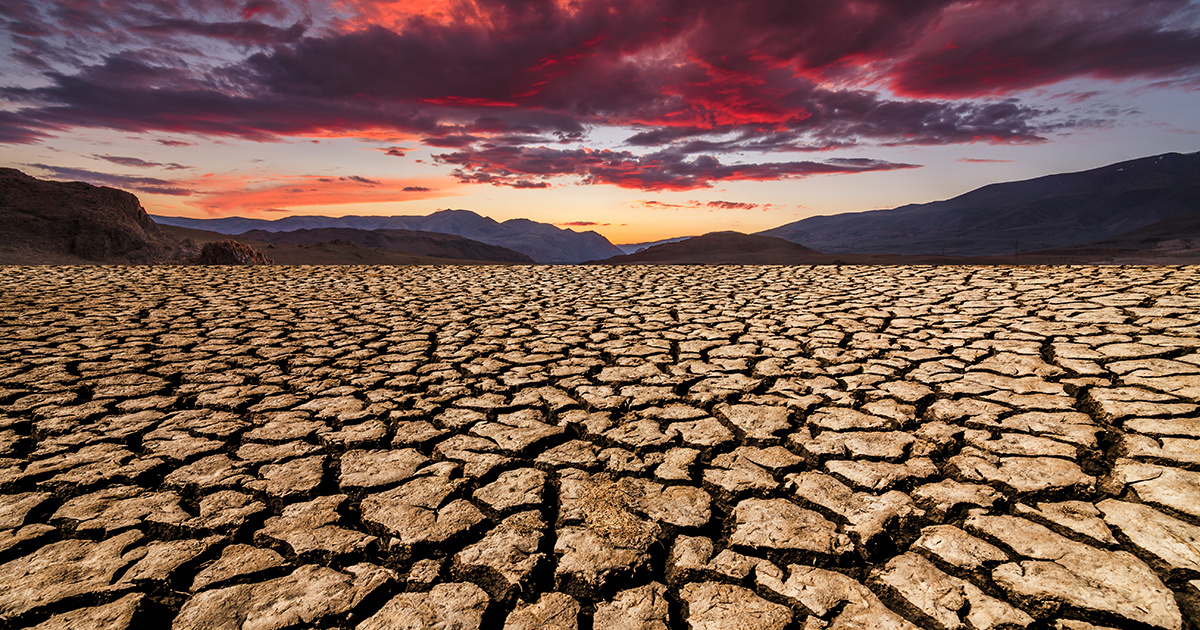
It Will Take 10 Million Years to Recover From This Man-Made Apocalypse

Anton Petrus / Moment / Getty Images
By Jordan Davidson
The climate crisis has us spiraling towards higher temperatures while also knocking out marine life and insect species at an alarming rate that continues to accelerate. But, just how long will it take Earth to recover? A new study offers a sobering answer: millions of years.
The researchers tried to answer how long it takes biodiversity to recover following a mass extinction. Their paper, published in Nature Ecology and Evolution, looked at the fossil records of plankton which existed for nearly 20-million years near the last mass extinction, which killed off most dinosaurs and 80-percent of Earth’s animals, nearly 66 million years ago. Species diversity recovered after 10 million years, Newsweek reported.
“From this study, it’s reasonable to infer that it’s going to take an extremely long time — millions of years — to recover from the extinction that we’re causing through climate change and other methods,” said study co-author Dr. Andrew Fraass to Newsweek. “It is an apt warning about the time it takes to recover from massive losses in species.”
The findings have striking implications for the long-term health of the planet and the future of humanity as we confront a climate crisis, habitat destruction and invasive species, all of which parallels ancient times, according to a University of Bristol press release.
“This should serve as an important reminder: some ecological niches lost due to anthropogenic climate change will never reappear,” the authors wrote in their study. Essentially, the Earth will be drastically different after a mass extinction, according to Forbes.
The study complements other recent studies that have found declining plant and animal populations as a threat to the global food chain. Earlier this year, a separate study published in Biological Conservation found insect populations declining so rapidly that 40 percent of insect species threatened with extinction.
“The repercussions this will have for the planet’s ecosystems are catastrophic to say the least, as insects are at the structural and functional base of many of the world’s ecosystems since their rise at the end of the Devonian period, almost 400 million years ago,” the study authors wrote.
The authors of the insect study chose their words carefully to stress the importance of insects to all life on the planet.
“We only use the word “catastrophic” once, and we use it very carefully,” said study co-author Francisco Sanchez-Bayo of the University of Sydney to Civil Eats. “We chose that word deliberately: If 30 percent of insects, the largest group of animals on Earth, are in danger, that is catastrophic. Damage from a tropical cyclone can be characterized as catastrophic, but that is localized. This is global. This is a true catastrophe.”

 233k
233k  41k
41k  Subscribe
Subscribe 